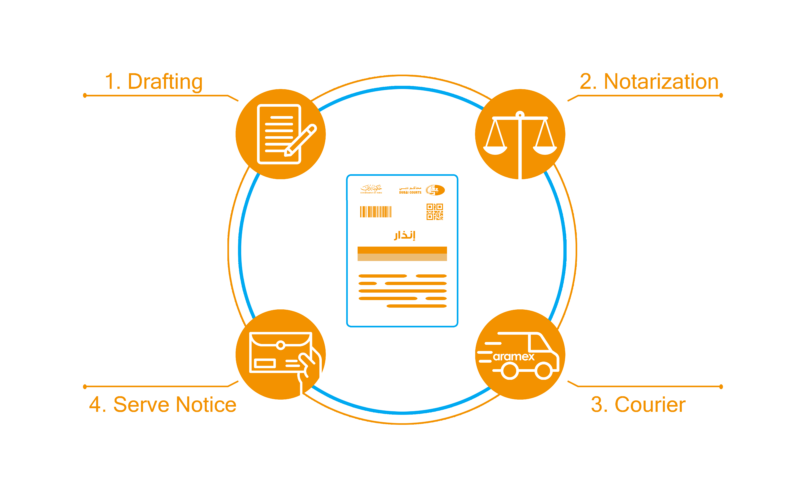Conveyancing is the legal process of transferring property ownership from one party to another. Preparing for conveyancing services in Dubai involves several important steps to ensure a smooth and efficient transaction. Here’s how to get ready for conveyancing services:
Choose a reputable conveyancer:
The first step in preparing for conveyancing services is selecting a reputable conveyancer or solicitor. Research and compare professionals based on their experience, credentials, fees, and client reviews. A knowledgeable and reliable conveyancer can significantly simplify the process and provide valuable guidance.
Gather necessary documents:
Organize all the necessary documents related to the property. This typically includes:
- Proof of identity: Passports, driver’s licenses, or other government-issued IDs.
- Property deeds: The title deed or contract of sale.
- Mortgage information: Details of any existing mortgage on the property.
- Planning permissions and building regulations: Documents related to any work done on the property that required permission.
Having these documents ready will help your conveyancer start the process without delays.
Financial preparation:
Ensure your finances are in order. If you are purchasing a property, have your mortgage pre-approved and funds ready for the deposit and other associated costs. These costs can include:
- Conveyancing fees: Understand the fee structure of your conveyancer, including any disbursements.
- Stamp duty: Be aware of the stamp duty rates applicable to your transaction.
- Surveys and inspections: Budget for property surveys, which can reveal essential details about the property’s condition.
Understand the process:
Familiarize yourself with the conveyancing process. Key stages include:
- Instruction: Engaging a conveyancer and providing initial information.
- Draft contract: The seller’s conveyancer drafts the contract and gathers relevant documentation.
- Searches: The buyer’s conveyancer conducts property searches, such as local authority, environmental, and water searches.
- Enquiries: Raising any additional enquiries about the property.
- Exchange of contracts: Both parties’ sign and exchange contracts, making the agreement legally binding.
- Completion: The final stage where ownership is transferred and keys are handed over.
Understanding these stages helps you anticipate what’s next and prepare accordingly.
Address legal issues:
Ensure there are no legal issues with the property. Your conveyancer will conduct searches to check for any legal obstacles, such as disputes, restrictions, or planning permissions. Be ready to address any issues that arise quickly.
Communication:
Maintain open and regular communication with your conveyancer. Quickly respond to any requests for information or documentation to avoid delays.
